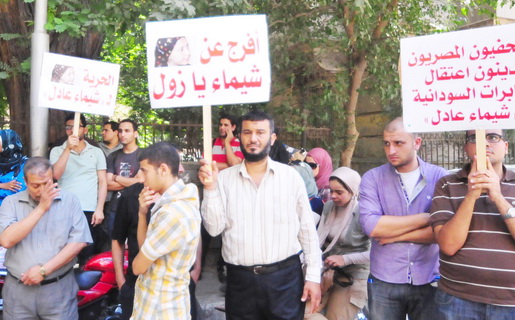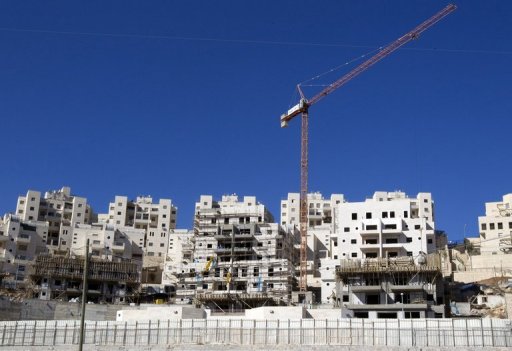CAIRO: Pope Shenouda and Grand Sheikh of Al-Azhar Ahmed El-Tayeb issued a statement on Wednesday calling for national unity and citizenship.
In the statement, Shenouda and El-Tayeb condemned “inciting sectarian tensions, either by insulting sacred religious values or by depriving citizens of rights that are granted for everybody without discrimination.”
They also confirmed in the statement that they believe that Egyptians are fully capable of ending sectarian strife. The two said they believe that Egyptians generally have a good conscience, and that they merely need to be provided with clear reasoning in order to ease religious tension.
The statement also congratulated President Hosni Mubarak on the occasion of the October 6 anniversary, adding that Egyptians must uphold their national unity.
After the statement was released, however, many speculations arose over a church ban of protests inside the St. Mark Cathedral in Abbasaya.
“The decision came to ban a protest that was planned by thousands of Copts, in reaction to protests in mosques that criticize Pope Shenouda,” a source close to Pope Shenouda told Daily News Egypt.
The source that preferred to remain anonymous described the banning as “a wise decision” taken in order to stop inciting sectarian tensions that normally follow such protests.
The joint statement was equally welcomed by Muslim and Coptic religious leaders, who believe it will have a significant effect on diminishing conflicts between the two religions.
Sheikh Abdel-Fattah Allam, a member of the Islamic Research Academy, stressed the strong relations between Egyptian Muslims and Copts, saying that problems are stirred by small minority that wants to compromise the security and stability of the country.
Allam also stated that such attempts to shake the nation’s stability and security have all failed, praising the wisdom of the Grand Sheikh of Al-Azhar and the Pope in addressing the situation directly.
Naguib Gobrael, one of the Coptic Church’s lawyers and an outspoken critic of discrimination against religious minorities, said that the joint statement represents “an important message for all Egyptians.” He said that the statement is intended to reach out to the wisest among the Egyptian people who strive to preserve the country’s national unity.
Gobrael also called for a conference for religious leaderships from both sides, including those who are believed to have stirred tension with controversial statements — whether intentionally or by having their words taken out of context — such as Dr. Mohamed Omara, Dr. Selim Al-Awa, Dr. Zaghloul El Naggar, and Bishop Bishoy.
Gebrael added that open dialogue should not extend beyond the beyond religious leaders. All citizens, especially those in small or rural communities, should also be involved, since such places witness more religious tension than the cities.
“The mosque and the church should form a committee for a common dialogue that will find solutions for common problems and bring about religious freedom in Egypt, to guarantee that what happened with Kamelia Shehata and Wafaa Kostantin does not happen again,” Gebrael said.
News about the alleged conversion of these women from Christianity to Islam and rumors of being forced to revert back to their original faith stirred a series of protests on both sides.



